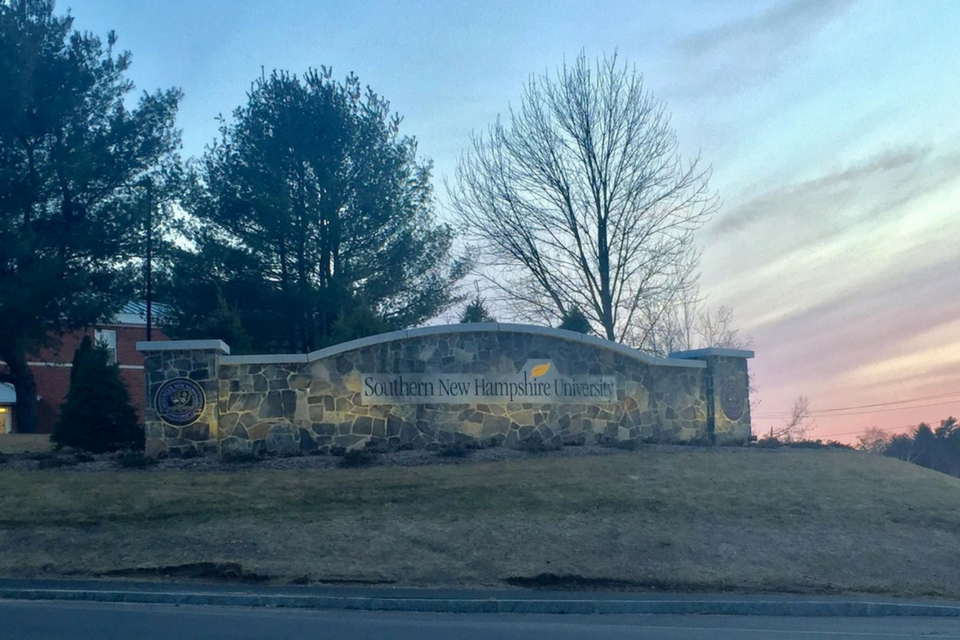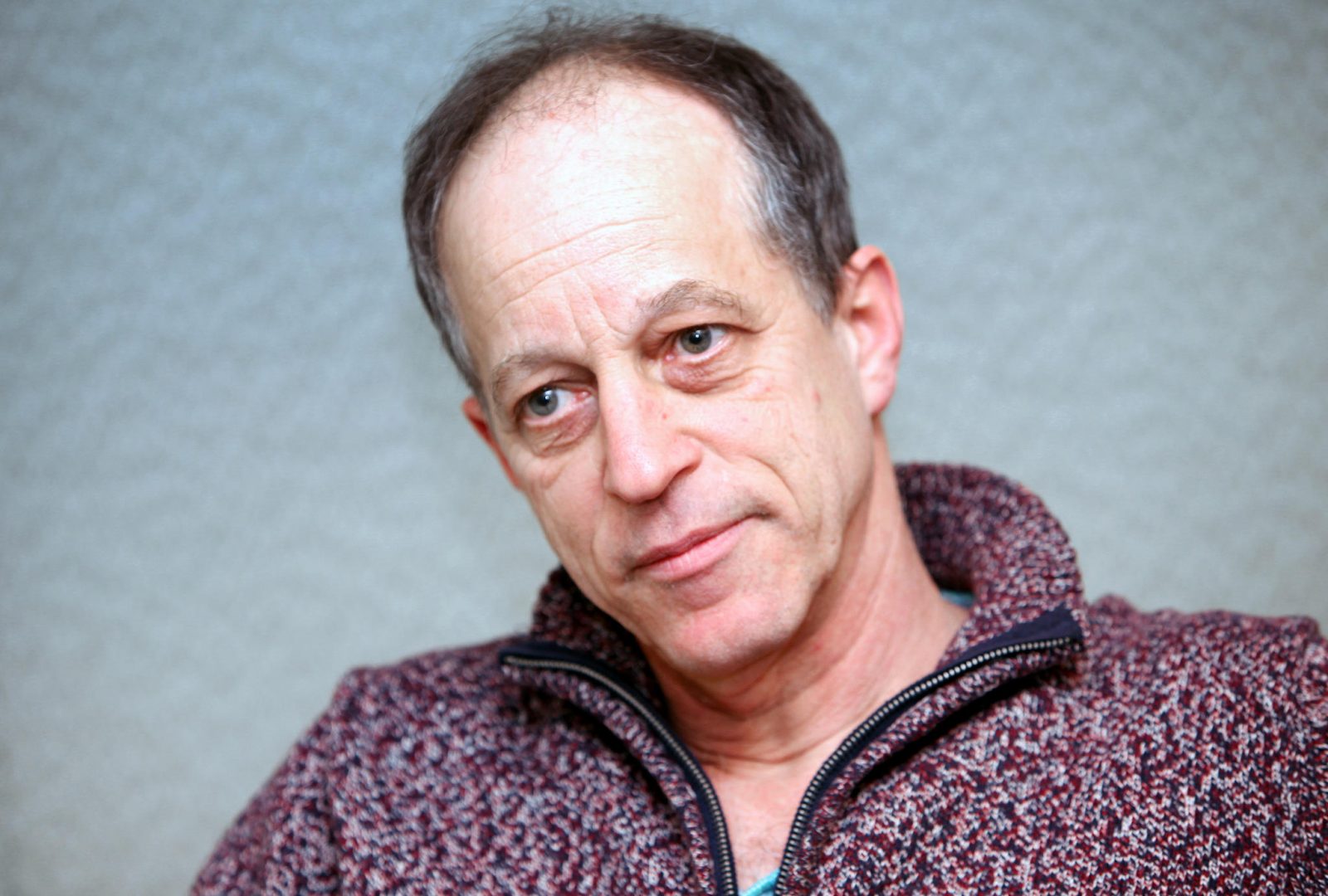Jay Kosegarten, Faculty Senate president and associate professor of psychology, called for an emergency faculty meeting on Tuesday, April 4 at 3:30 p.m to discuss a new program called Project Atlas. The meeting lasted until approximately 5:30 p.m.
Project Atlas came to light when a recruitment email was sent by Executive Director of Project Atlas Jennifer Share to education students working with Destination Imagination, including some SNHU students. Destination Imagination is a project-based learning program for high school students focusing on STEM education, fine arts and community service.
The email advertised the program as the following: “Atlas takes our successful online competency-based education experience and re-engineers it as a face-to-face, on-campus model. This initiative is taking on the challenge of rethinking the cost of the student lifecycle with the intent of delivering that cost savings to students.”
It continues with, “This fall we will kick off this new experience with 25 students on campus. We are currently in the midst of planning out the full student experience for the first year and are beginning to identify students for the pilot. We will commit to these students for four years, covering their tuition.” The students will be responsible for room and board.
In addition to being responsible for housing and their meal plan, Share confirmed that they will also be responsible for any other campus service fees such as Student Activities Fees, Wellness Fees, Parking Passes, etc.
Paul LeBlanc, president of SNHU, explained how Project Atlas developed.
“Our assumption had always been that this [online] program had always worked best for working adults, non-traditional aged students. We then got a sense that no, it’s also working with students that are close to traditional-aged students now… The only question we are trying to answer with Project Atlas is: Does a direct assessment program work in the traditional residential setting?”
To accurately determine if Project Atlas is a success, LeBlanc also shared that the Harvard Center for Education Policy Research was hired to conduct the research in an unbiased manner.
According to Kosegarten, “The main purpose of the meeting was to refocus the faculty-administrative relationship on the objective kind of rules of what’s called ‘academic governance.’ It was motivated by a broad faculty sentiment that there were, or are, three administrative initiatives, which may or may not have merit, validity or efficacy, but in their rollout or implementation, violated the structure of governance. Regardless of the proposals themselves, the initiatives themselves, the way in which it took place seemed to not adhere to the objective processes and rules that are set out.”
Academic governance, according to SNHU, states: “The faculty has primary responsibility for such fundamental areas as curriculum, subject matter and methods of instruction, research, faculty status and those aspects of student life which relate to the educational process.”
Kosegarten explained the importance of governance to faculty. “If you look at the language in the governance, it’s not a faulty right, it’s not a faculty choice, it’s a responsibility. That’s the language in there. It’s the faculty responsibility to uphold governance.”
Kosegarten continued stating, “Three initiatives that I think got faculty really refocused on governance are interoperability, Project Atlas and something called division heads.”
The controversy around Project Atlas is not whether or not it is a good idea. “The way in which information is disseminated is structured by governance and the way in which information was disseminated did not follow governance protocol,” Kosegarten said. “For example, yes, Project Atlas was learned about once it was announced to the world.”
Professor and University Honors Program Director Dr. Andrew Martino said, “There’s a frustration on my part and some of the other faculty’s that we don’t know what’s going on, so we would like a little more transparency.”
Cara Procek, vice president of the Faculty Senate and associate professor of education, mentioned her concerns regarding Project Atlas and her job. She shared that faculty had some awareness of the name of the project, but did not know what it entailed.
“What I’m mostly concerned about is that faculty on-campus are seen fully for what we bring on campus,” Procek said. “Personally, I spend between 20-25 hours a week working with students outside of classes. That is not possible with Project Atlas… I value that work I do with students.” Due to the competency-based online program, students in Project Atlas would not receive the same student-faculty relationships and assistance as traditional on-campus students.
LeBlanc acknowledged the faculty’s frustration. “I think we could’ve done a better job just sort of walking the faculty through this because I think when they understand what we are doing and the question we are trying to answer, people will be much more comfortable with it.”
He continued with, “In part because we haven’t been as good with communication as we perhaps needed to be. In my slight defense, we have talked about this. I often say, ‘Are there questions?’ and I often don’t get questions. And maybe some of this is perhaps because it seems distant and not very soon, and now this stuff is getting closer and it’s like, ‘Oooh, wait a minute I want to look at this more closely.’”
What both parties, administration and faculty, are mainly concerned with creating a smoother collaborative relationship while continuing to serve the students and do what is best for them.
From the administrative side, there will two panels on April 10 from 3:30-4:45 p.m. and May 10 from 12-2 p.m. Both sessions will be live-streamed to all faculty who cannot be in attendance. The administration will also be trying to make a safer environment for faculty to communicate by having the option to ask questions anonymously.
Faculty Senate will be sending out a resolution to the Board of Trustees and administration to formally express their concerns.




